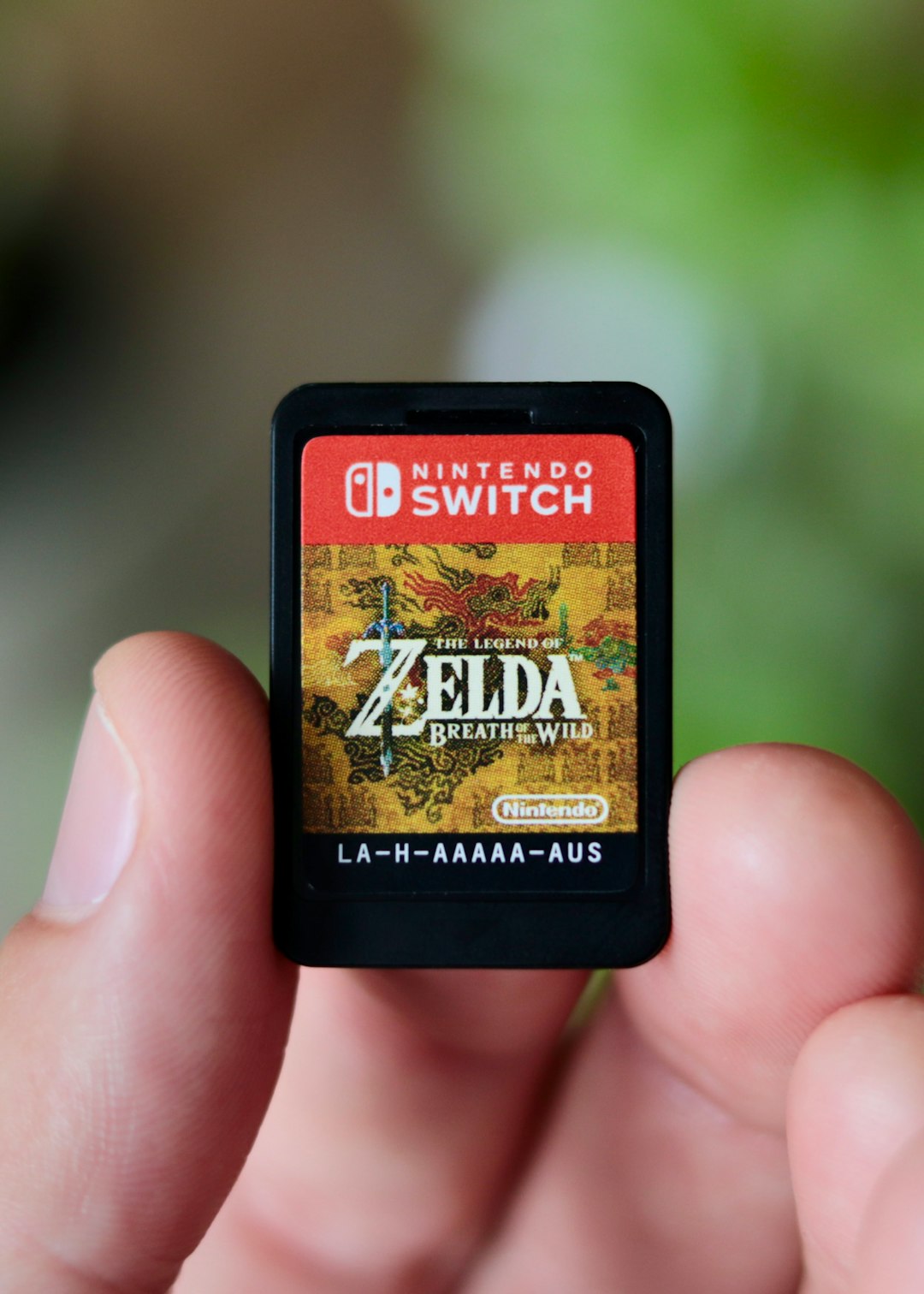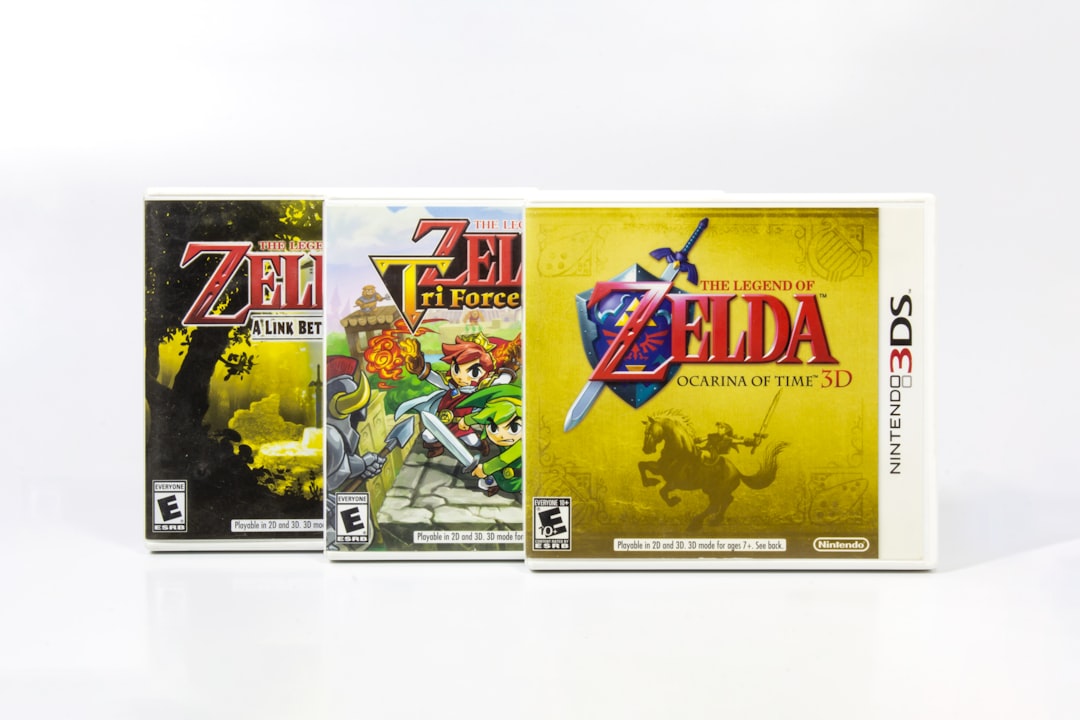As gaming technology continues to evolve, many players seek ways to revisit older titles from past consoles. One frequently discussed topic among Nintendo fans is whether it’s possible to play Nintendo GameCube games on the Nintendo Wii U. Both consoles hold a special place in gaming history, with the GameCube representing Nintendo’s early venture into disc-based gaming, and the Wii U offering a unique dual-screen experience. However, compatibility between these two systems is not as straightforward as some may hope.
In this article, we will explore whether you can play GameCube games on the Wii U, examine the technical limitations, available workarounds, and provide actionable tips for those who wish to relive their GameCube library on more modern hardware.
Understanding the Hardware Differences
To begin, it’s essential to understand the hardware lineage between the GameCube, Wii, and Wii U. The GameCube, released in 2001, was succeeded by the Nintendo Wii in 2006. The Wii, in its initial design, included native support for GameCube discs and controllers, making it fully backward compatible. However, when Nintendo released the Wii U in 2012, the approach to backward compatibility shifted.
The Wii U was designed to be compatible with Wii software, including Wii discs and digital titles, as well as offering support for various Wii peripherals. However, it did not include GameCube hardware or disc support, meaning it was not natively backwards compatible with GameCube games.
Can You Insert GameCube Discs into the Wii U?
Unfortunately, the Wii U cannot read GameCube discs. The optical drive in the Wii U is not designed to read the mini-DVD discs used by the GameCube. If you attempt to insert a GameCube disc into the Wii U’s disc drive, the console will not recognize it.
This limitation stems from a deliberate hardware choice by Nintendo. By the time the Wii U was released, GameCube titles had already aged significantly, and Nintendo likely decided against including GameCube support to streamline hardware costs and focus on newer titles and digital offerings.
Alternative Methods: Playing GameCube Games on Wii U
Although the Wii U doesn’t support GameCube games natively, there are a few alternative ways to play GameCube games on a Wii U. These methods involve workarounds and, in some cases, homebrew solutions. Here are the most effective approaches:
1. Use of Homebrew Software (Nintendont)
The most commonly used workaround involves softmodding the Wii U to gain access to GameCube games through an application known as Nintendont.
- Nintendont is a homebrew application that allows the Wii U to run GameCube games from SD cards or USB devices.
- This software does not use GameCube discs but rather loads digital copies (ISO files) of GameCube games.
- It emulates the GameCube environment by using the Wii-mode of the Wii U, effectively turning the console into a GameCube-compatible device.
This solution requires some technical knowledge and carries certain risks, including voiding your warranty and potentially bricking your console if done improperly. However, it is a favored method for many retro gamers who wish to relive their GameCube library.

2. Using the Wii Mode on the Wii U
The Wii U features a “Wii Mode,” which allows users to operate the Wii U as if it were a standard Wii console. While this adds compatibility for many Wii titles and accessories, it alone does not restore GameCube support. However, when combined with softmodding, this mode becomes crucial.
Once softmodded to support Nintendont or similar applications, users can use Wii Mode as a gateway to launch GameCube games. GameCube controller support is possible with the use of the GameCube adapter originally released for Super Smash Bros. for Wii U or other third-party adapters.
Controller Support for GameCube Games
For those emulating GameCube games on the Wii U using Nintendont, you’ll also need to consider controller compatibility. Thankfully, there are several options:
- Wii Classic Controller and Classic Controller Pro – Supported by Nintendont and generally compatible with most GameCube titles.
- GameCube Controller with Adapter – The official GameCube adapter released alongside Super Smash Bros. for Wii U is compatible with Nintendont, allowing for original hardware experience.
- Wii U Pro Controller – Not widely supported with Nintendont or GameCube emulators.
Playing GameCube Games via Virtual Console
It’s worth noting that Nintendo did not release original GameCube games on the Wii U Virtual Console service. While fans hoped to see GameCube classics restored via official digital re-releases, these never materialized for the Wii U. However, several GameCube-era games were re-released as HD remakes or remasters. Examples include:
- The Legend of Zelda: The Wind Waker HD
- The Legend of Zelda: Twilight Princess HD
- Resident Evil 4 (originally released for GameCube, later ported to Wii U through Wii compatibility)
Yet, these are not true forms of backward compatibility but rather enhanced versions adapted for modern systems.

Is It Legal to Use Emulation or Homebrew?
This question is critical when discussing any kind of software modification or emulation:
- Owning a GameCube game legally entitles you to back up your own copy. Thus, ripping and playing an ISO of a game you own is generally viewed as acceptable in most legal interpretations.
- Downloading ISOs of games you do not own is piracy and considered illegal in most jurisdictions.
- Modifying console software may also void manufacturer warranties and violate terms of service.
Therefore, players should be fully informed of the legal and ethical implications before proceeding with any homebrew solutions.
Conclusion: Is It Worth It?
While the Wii U does not natively support GameCube game discs, it is still possible to enjoy GameCube titles on the Wii U through unofficial means. Solutions like Nintendont and other homebrew applications offer an effective (albeit technically involved) approach to accessing these games.
For those who prefer official methods, limited remasters and ports do exist, though these account for only a small portion of the GameCube’s vast library. For the full breadth of titles, players must resort to emulation and software modifications — bearing in mind the potential legal and technical risks involved.
If you’re a dedicated fan with a collection of GameCube games and the willingness to invest time into setting up homebrew on your Wii U, the payoff can be significant. If not, other options like investing in a used original Wii (with GameCube compatibility) or even a GameCube console itself might be a simpler and more authentic route to reliving Nintendo’s early-2000s glory.
Ultimately, while the Wii U doesn’t officially support GameCube games, the ingenuity of the gaming community has provided capable and practical solutions. Whether you’re a long-time fan or new to the classics, there’s still a digital path back to the unforgettable experiences that the GameCube era has to offer.


![How to Play MP4 on Mac When QuickTime Can't Open [Top 3 Ways] Macintosh machine vlc player, mac desktop, video playback](https://reviewslion.com/wp-content/uploads/2025/06/macintosh-machine-vlc-player-mac-desktop-video-playback-200x150.jpg)
Leave a Reply